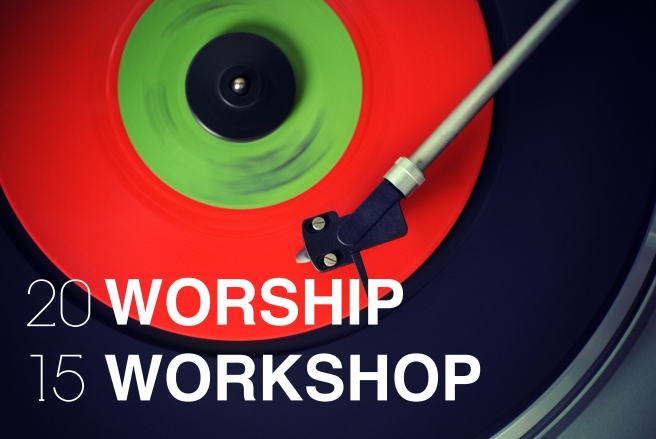
In his book Desiring the Kingdom, James K.A. Smith builds a case for an understanding or “anthropology” of mankind that is liturgical. He argues that we are liturgical beings, shaped not only by ideas, but also, and even more so by our practices. We practice routines and habits in our daily living, that shape us over time into certain kinds of people.
Now, if this is the case, then reading and thereby immersing ourselves in certain “worlds” in reading fiction, for instance, just might shape us as well. Our imaginations are stirred by the stories we read and hear, and stories have proven to shape us into certain kinds of people in the same way as our real-life routines. Think about this: if I carve out some time to read through a book over, say, a couple months’ time, and this book captures my imagination and brings me into contact with a world where good is lauded and portrayed as good, and evil is exposed for being truly evil, my mind and heart might take on the rhythms and feelings and colors of that world of the story.
May we not neglect to immerse ourselves in the Bible, since it’s truly the only Story ultimately capable of really transforming anyone. God does not work through any other book or piece of art the same way. But I obviously think of Lewis’ Narnia books, or Tolkien’s The Lord of the Rings, both top favorites of mine, as stories worth reading for their shaping influences. In these stories, we immerse our imaginations in worlds where Hope is real, Joy is solid, and there are sovereign purposes at work in the universe. And spending repeated sittings in these books may, over time, turn you into the kind of person who thinks the same ways about the world and about yourself. If you read trashy fiction, enough exposure to it just might shape you into a trashily-minded member of the created order.
In a similar vein, I’ve thought recently about how this liturgical anthropology has a very specific bearing on the content of our songs in corporate worship in a church setting. Does your church sing songs that are vague, disjointed, and/or theologically messy? Worship leaders, do you listen to, and pick songs for your church families that are rich in truth, and that express that truth clearly and poetically? Smith’s anthropology argues that even the way our songs express truth will shape us, even if everything the songs say is technically correct. Go through enough rhythms of singing true, but sloppily written, vague songs in church and you’ll start to think the same way the songs do.
In my role of picking songs for my church to sing in worship, I’ve had a couple times in the past few months where I’ve had to seriously consider scrapping a song, or a verse of a song, that caused more head-scratching and confusion than not. And I confess I had to get over my own pride in these situations, to stop singing a song I really do love to sing, but that wasn’t helpful for a gathered church.
I want to make sure I feed my own soul with the right kinds of shaping influences, and this is probably needed now more than ever in my lifetime, and in our cultural moment. I want to think clearly about God, myself, and the world; and I want to love good and abhor evil. Not in a gooey, subjective way, but in a real, solid, clearheaded, die-for-what-I-believe-in way. To do this I need all the help I can get.

 “We treat our worship leaders as priests, expecting them to lead us into God’s presence in a way that is inaccessible apart from their charisma, emotion, and music. Every time we credit a worship leader with ‘leading us into God’s presence,’ we are anointing them as priests, and crediting them with doing something that only Jesus can do.” (emphasis added)
“We treat our worship leaders as priests, expecting them to lead us into God’s presence in a way that is inaccessible apart from their charisma, emotion, and music. Every time we credit a worship leader with ‘leading us into God’s presence,’ we are anointing them as priests, and crediting them with doing something that only Jesus can do.” (emphasis added)
 This past week we were given
This past week we were given  Two weeks ago my fellow church staff guys and I got to attend the
Two weeks ago my fellow church staff guys and I got to attend the 

